Fashion is one of those areas in our daily life that serves as a first impression and reflection of who we are. Our style immediately speaks about who we are inside and out without saying a word. Since fashion plays such an important role, it constantly makes us wonder if we are doing the right thing. Along with the glam of fashion, there is a lot information around (especially on the Internet) about bad practices and about how big brands cause harm the environment in the process of producing clothes.
With issues such as child labor and deplorable working conditions for women in countries such as China one can always doubt if buying a $5 t-shirt is worth the waste of water and the damage that creating it causes to our environment. Fashion brands like H&M, Forever 21 and Zara, among others have been in the spotlight because of their processes and how this affects different communities where their factories are. For instance, polyester, one of the most popular (and cheaper) fabrics among these brands, sheds incredible amounts of plastic into the water, in minute particles that will never degrade and can affect life in the ocean. Another frightening example comes with the amount of water it takes to make one single cotton t-shirt: 2700 liters, which is enough for a person to drink in 2.5 years.
With all those examples comes a question: what can we do as consumers, to reduce the damage these companies create? The ideal would be for them to switch their practices to other more conscious and less harming ones, but the reality is that this will only happen if we force the major brands through our pockets. Our purchasing power can make an impact on them. If we choose not to buy from companies who makes a negative impact on our environment, it will send a message and the brands will listen (some of them, like H&M, are already taking steps into it).
However, another more effective and original way to be fashionable and Eco-friendly is to support brands that have actually make the commitment to reduce their waste practices and incorporate sustainable steps into their production. Many of these brands will be not even be much different from the price marks compared to other fashion brands. However like with many other brands, what you will win in quality will make the difference in any price category, and not to mention you will make a difference in the industry too.
Where to start looking? Don’t worry for another second because I am ahead of you in this! (wink, wink) check out my list of the favorite sustainable/Eco-friendly brands that you should definitely try:
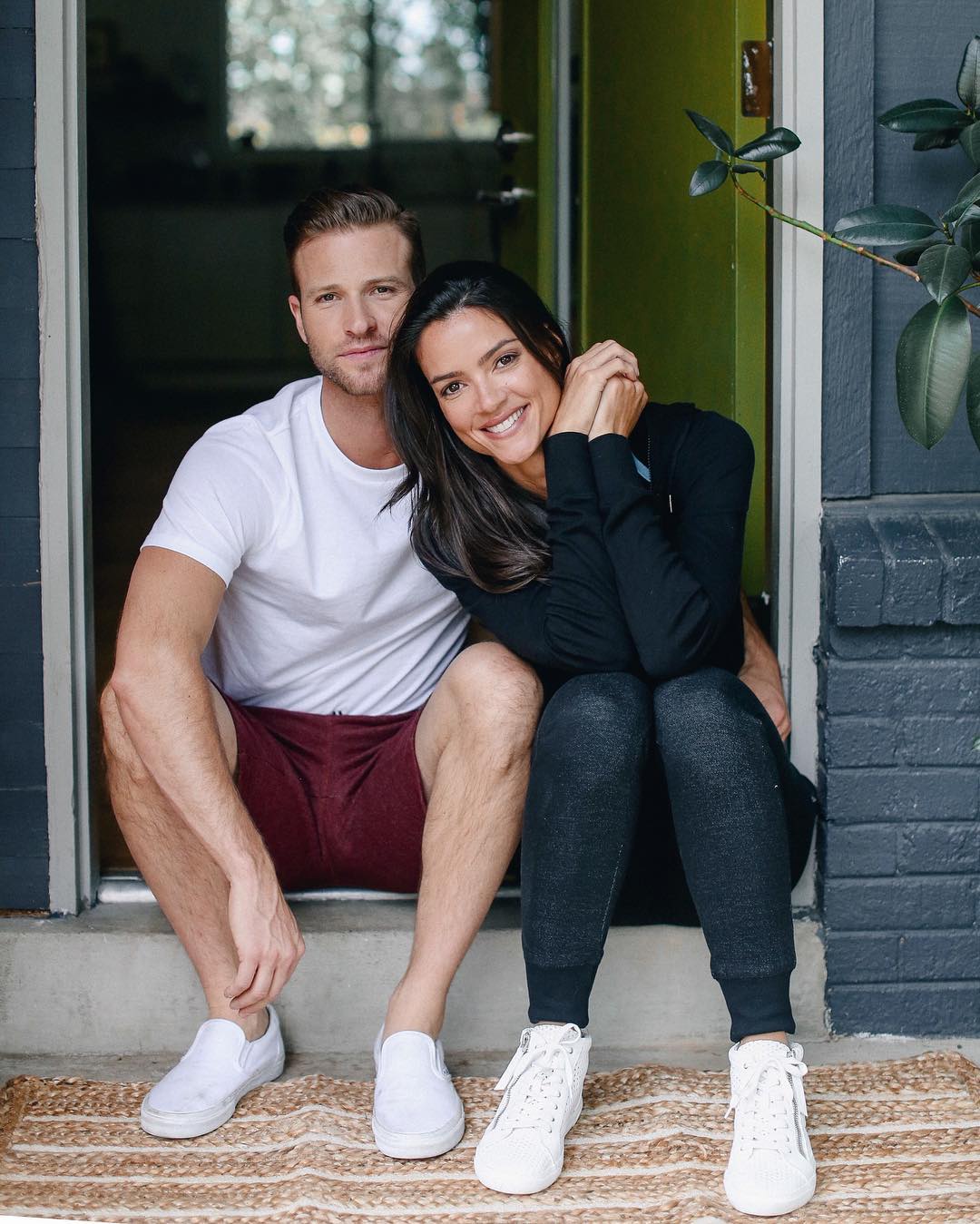
PACT: If you have probably heard that you probably wouldn’t find a brand that is Eco-friendly and have great prices? PACT is just here to prove us wrong. This brand, that you can online and on locations such as Target and selected Whole Foods, offers 100% organic cotton pieces at prices that start at $16 for a V-neck t-shirt. The company is Fair Trade Certified, which means that they not only produce their pieces with organic fabrics but also have fair production practices and pay their workers fair wages. PACT offers clothes for women, men and kids, and pieces that range from cotton underwear to pajamas and dresses.
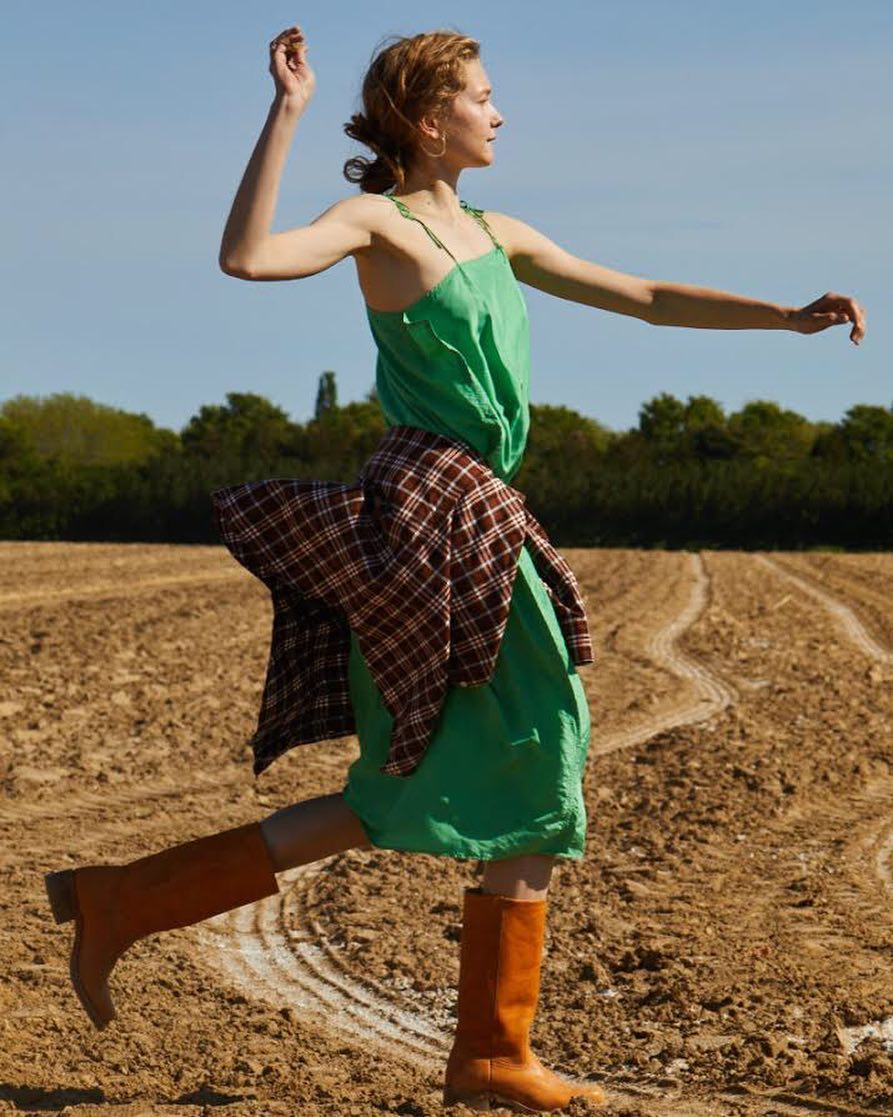
Organic by John Patrick: Created in 2004, Organic was one of the first sustainable fashion brands of the market. John Patrick focused on ethical practices and an organic supply chain to create a line of clothing that offers a green alternative for women: dresses, pants, tops, skirts are many more are part of the Organic universe, where chic is an Eco-friendly option too.
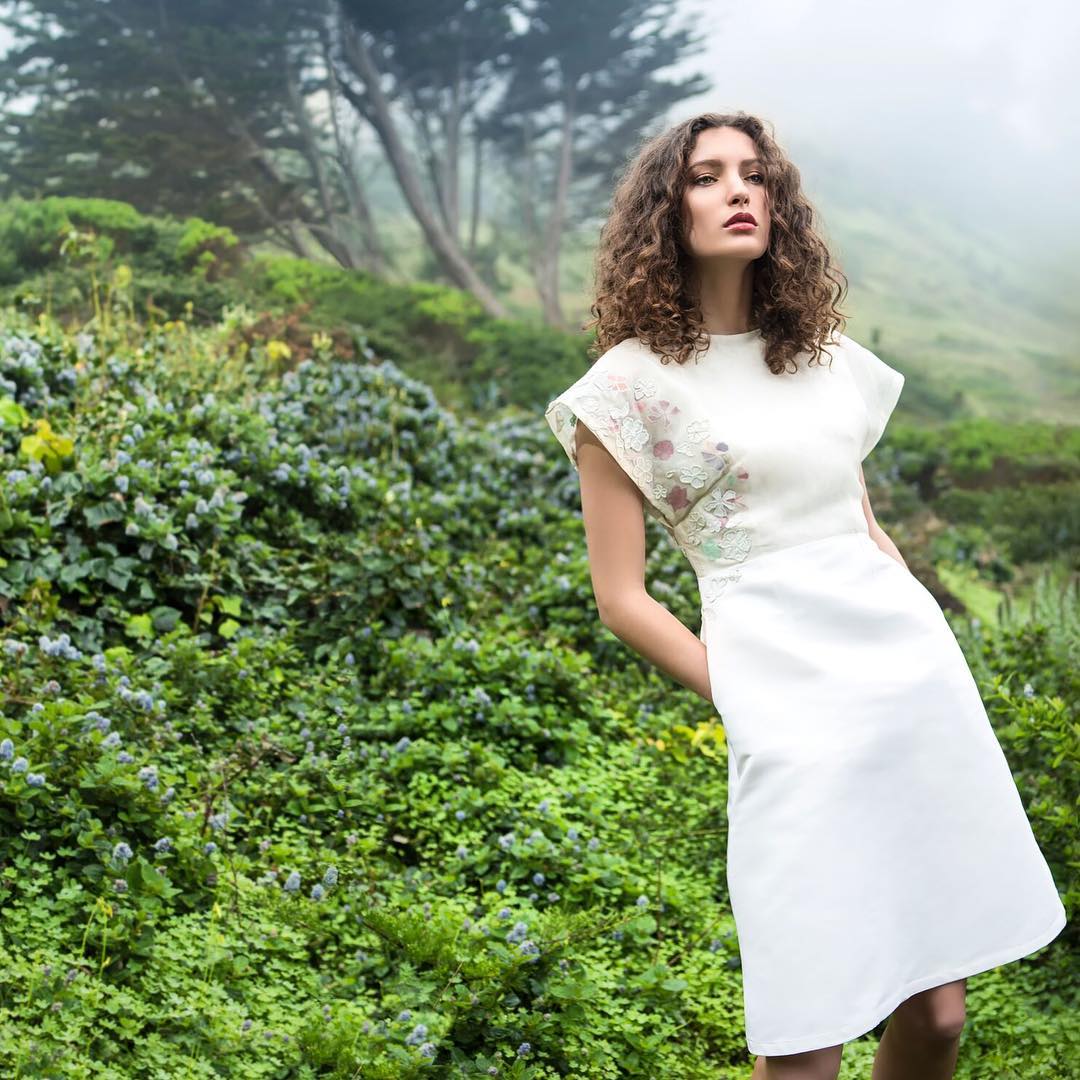
Agaati: This California brand takes pride in meeting at creating “original, always bold, occasionally coy” pieces that meet at least one of their five ethical criteria: artisan made, Eco-friendly, fair trade, zero waste philosophy and women empowerment. With pieces that range from dresses to outerwear, Agaati is not only committed to the beauty of the clothes but also the authenticity of the materials they use, as well as giving back to the community: 5% of their profits go to NGO’s supporting women and creating employment for artisans.
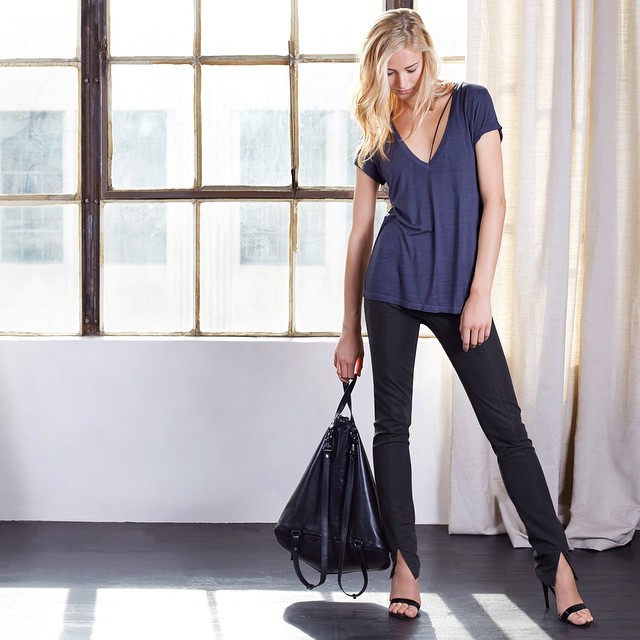
Style Saint: 99% less usage of water, sustainable fabrics and fair wages in their factories are the pillars of the ethical path for Style Saint. Every piece available on their site (you can find everything from lingerie to skirts, including a wedding line) includes a chart that illustrates how many gallons of water were saved in the process of making these pieces and how many yards of fabric (sustainable) were used, as well as how many hours of work were paid to factory workers per piece. Talk about a brand that puts its money where its mouth is!
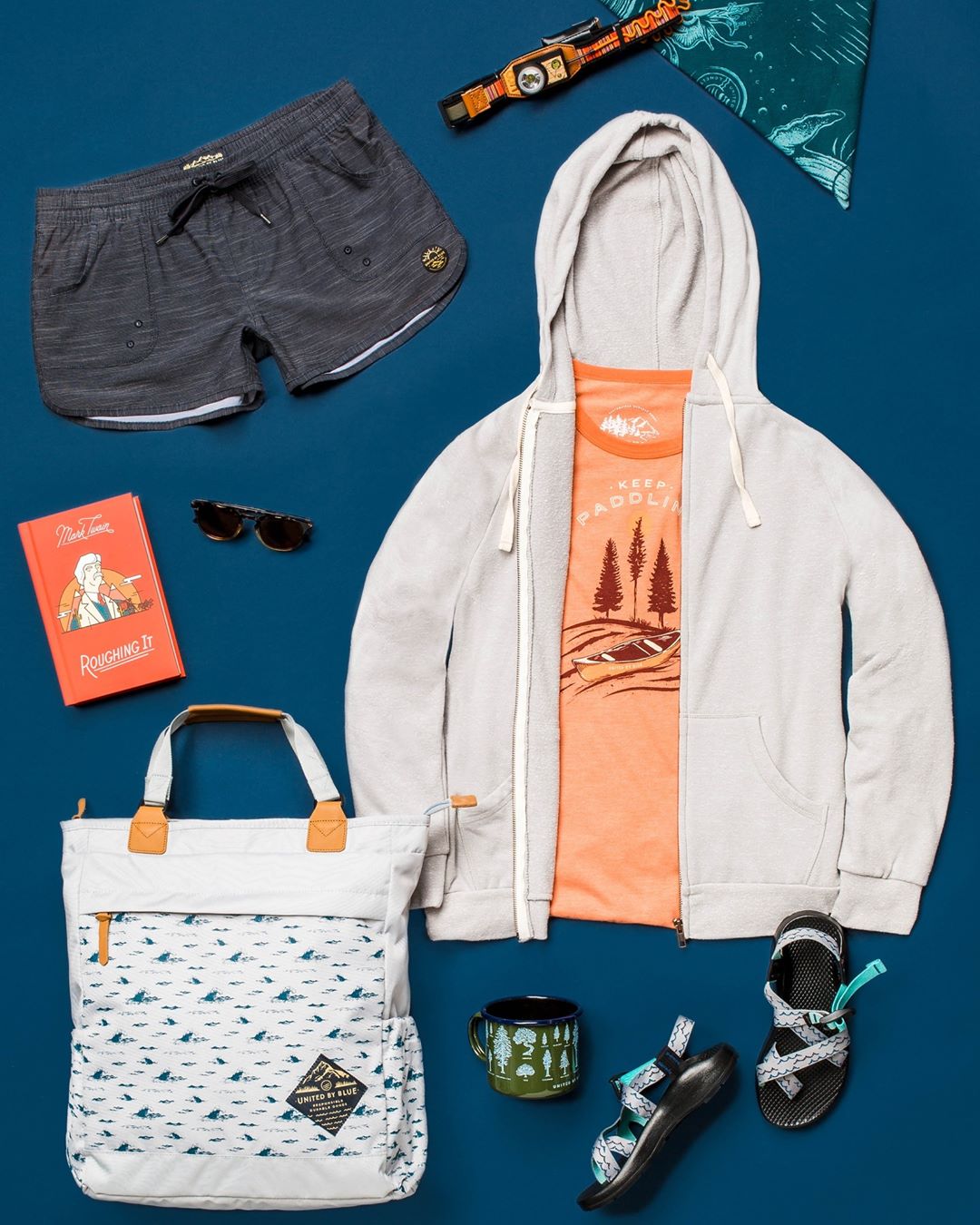
United by Blue: This brand, founded in Philadelphia, offers apparel for men, women and kids (everything from t-shirts to hats and wallets) made out of sustainable fabrics like organic cotton and recycled polyester and also, has a great deal that will convince you to buy: they pledged that for every product sold, they will remove a pound of trash from the earth’s oceans and waterways. Organic materials and a direct impact, just how we like it.
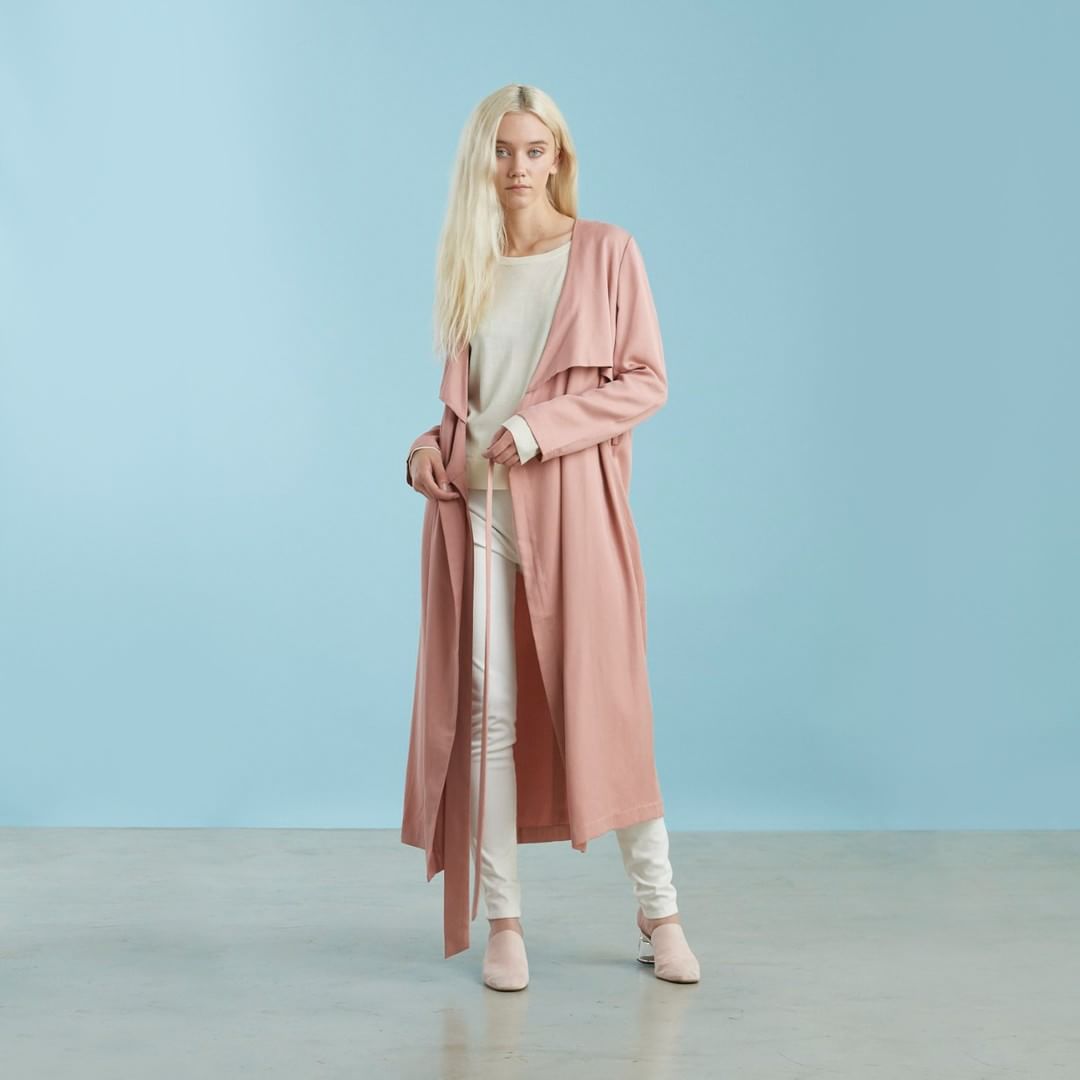
Siizu: The Eco-friendly approach of this brand comes directly from their business model, which is completely transparent and open: Siizu not only reveals the information about their materials, but also the details about the manufacturing process of each garment they create. Tops, dresses and sweaters, as well as home pieces, jewelry and skin care products are part of their catalog, and even their packaging is made of biodegradable materials that will not harm the environment.
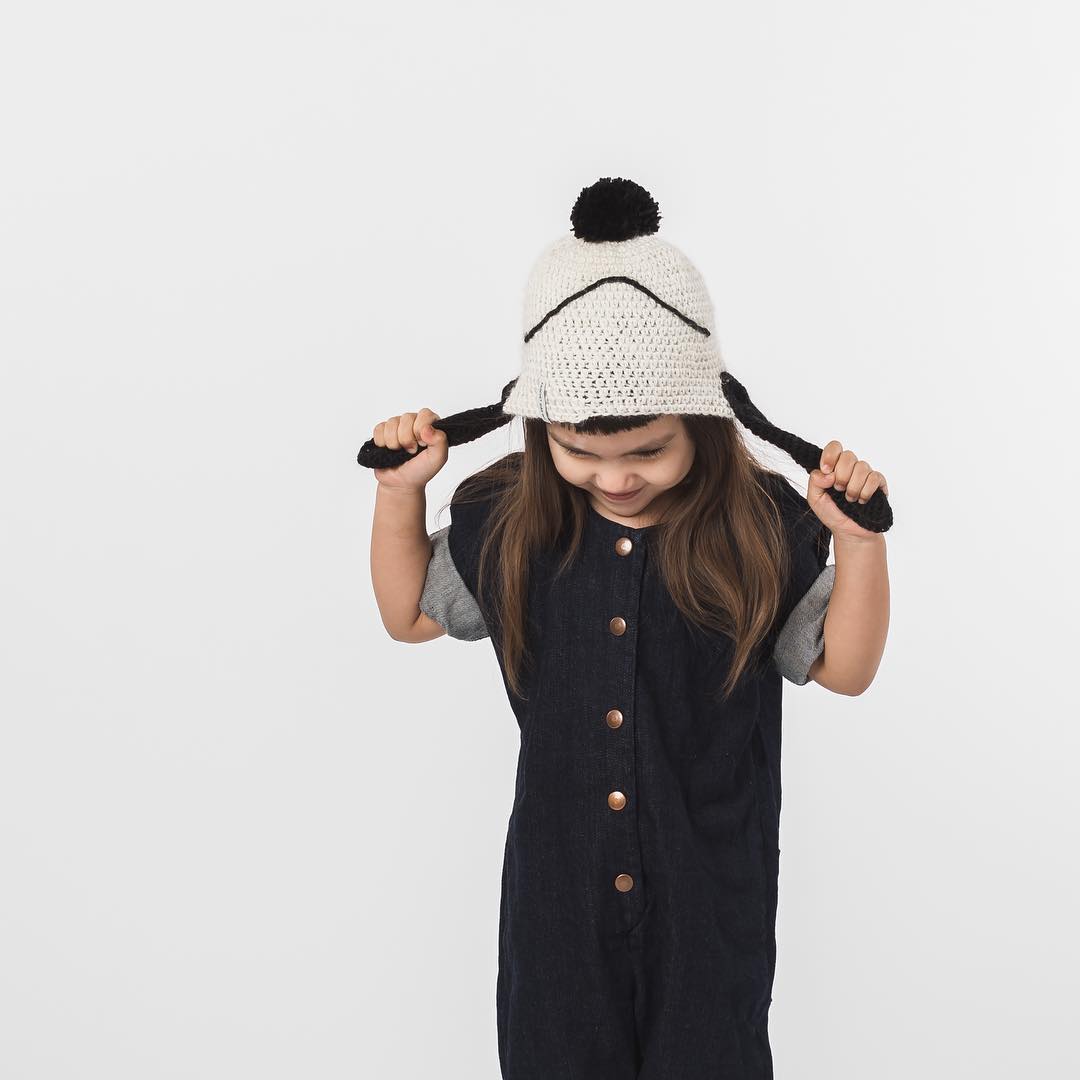
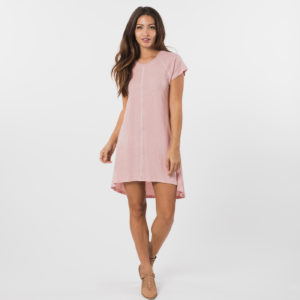
Krochet Kids: Don’t let the name fool you, this brand has something for everyone, from dresses and bags for women to tees and sweatshirts for men, Krochet Kids is committed to “provide life-changing job opportunities to women in need”. With sustainable materials, the company is part of a project who allows customers to meet who made their clothes. Every Krochet piece comes with a hand-signed tag by the person who made it, and you can even find out more about that artisan and how your purchase has made a difference in their lives. Connect to find out more on their website.
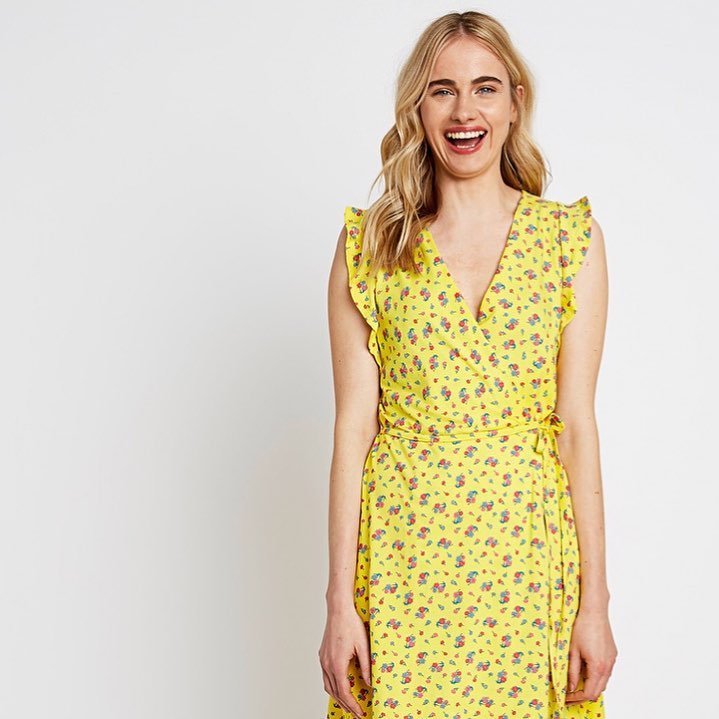
People Tree: The British company was one of the first ones to incorporate the concept of slow fashion, which is basically a concept for trendy garments created with hand-crafted traditional techniques. The offer from People Tree ranges from active-wear to essentials, including also casual dresses, and it was the first brand certified for their use of an integrated organic supply chain in Its processes. Under its name there have been collaboration of some famous green celebrities, like Emma Watson, who designed a line for them in 2009.
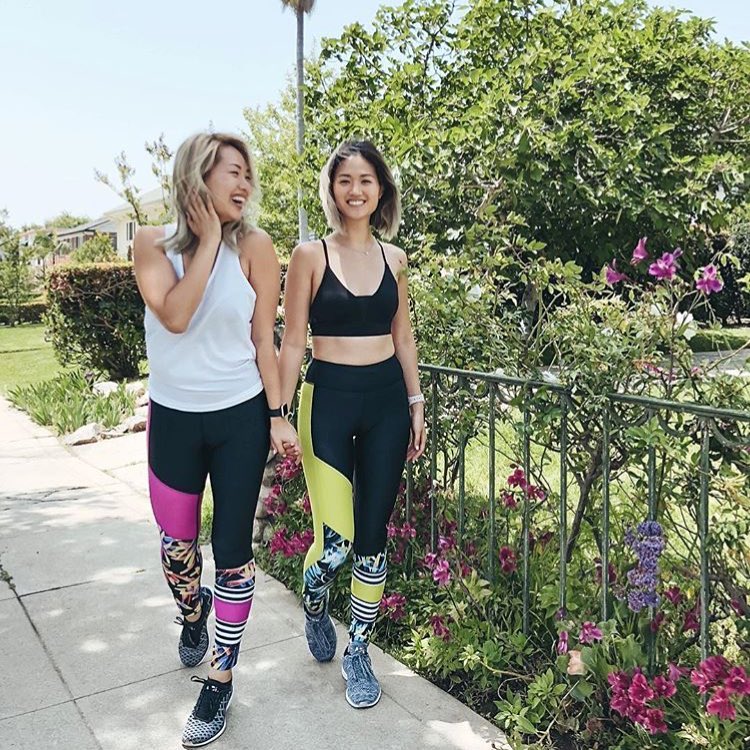
Lole: Where else you can find yoga attire and basics (like mats and water bottles) as well as outerwear and swimwear that are all sustainable? Certainly not everywhere, but you can do at Lole. The company not only offers a great range of clothing for women but also takes pride in a philosophy that encourages “intelligent consumption” through different initiatives like giving a second life to gently worn outerwear while funding food banks across North America.
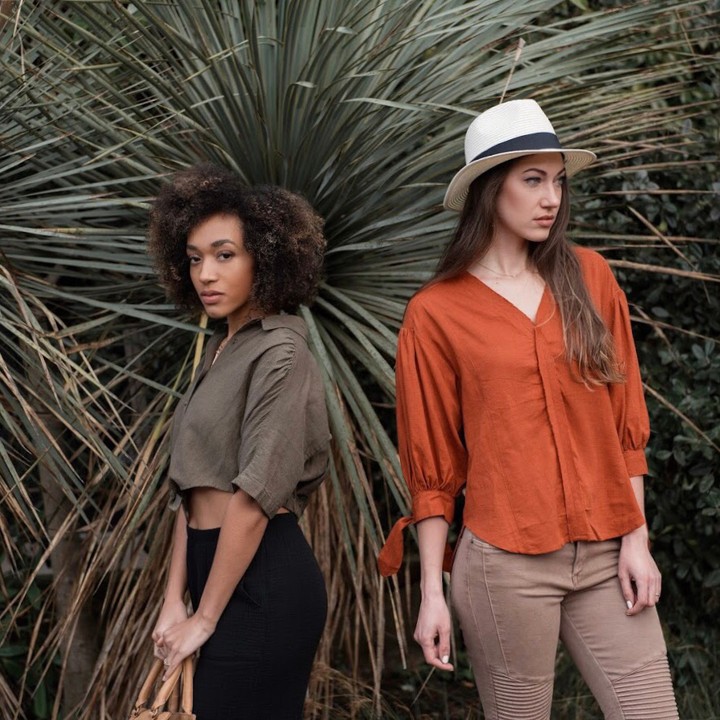
Ecovibe: This small Portland shop makes clear that Eco-fashion and sustainable fashion means different things for different people, so they don’t hesitate to tell you what it means for them: taking time and care to consider how things are made. The result, a store location powered by 100% renewable energy, making clothes out of bamboo, tencel, cork and recycled polyester among other materials, with a zero waste goal on their production chain.


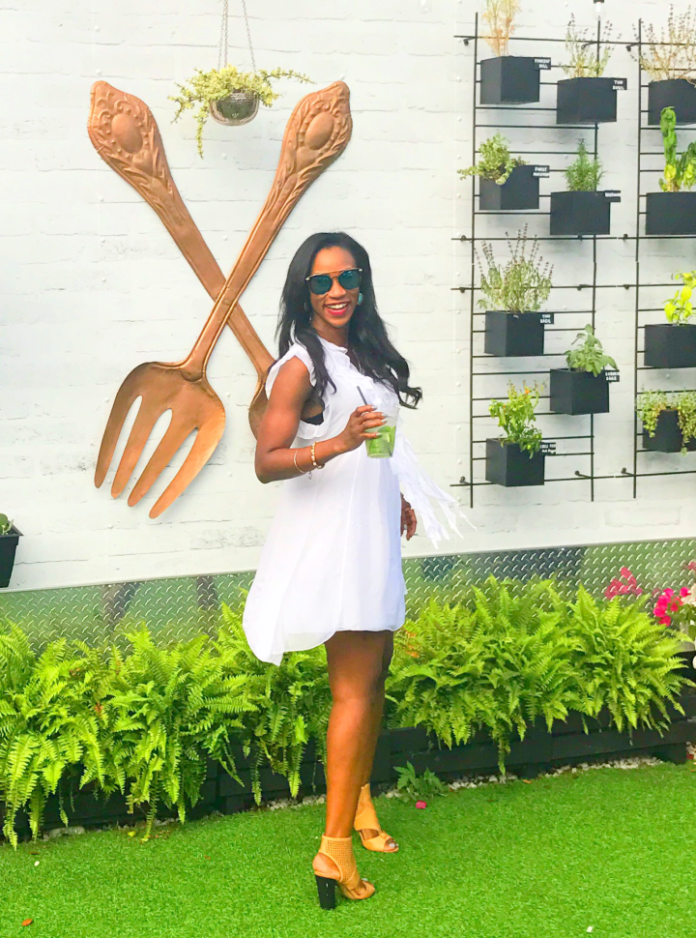






Great post, I think people should larn a lot from this website its rattling user genial.